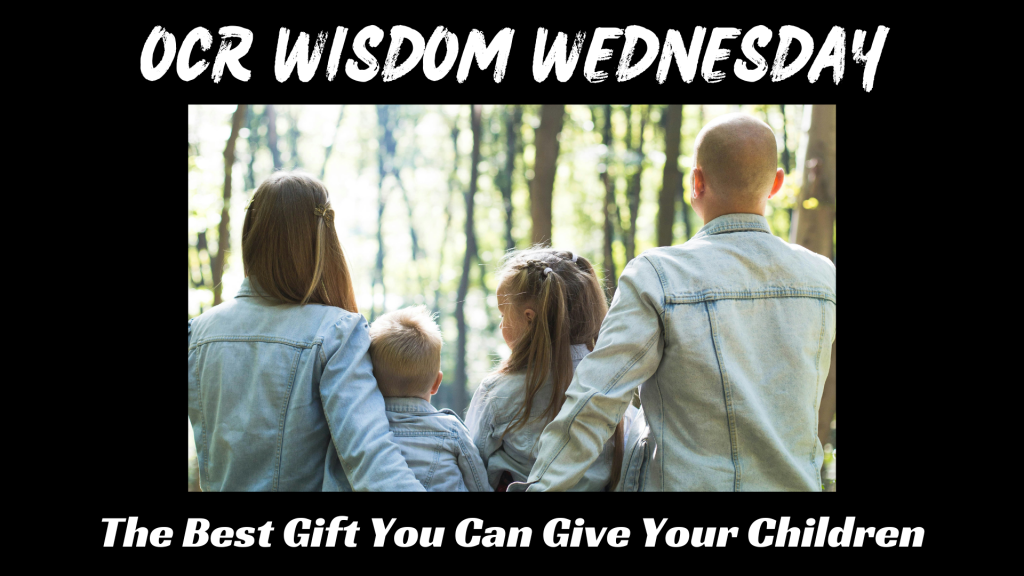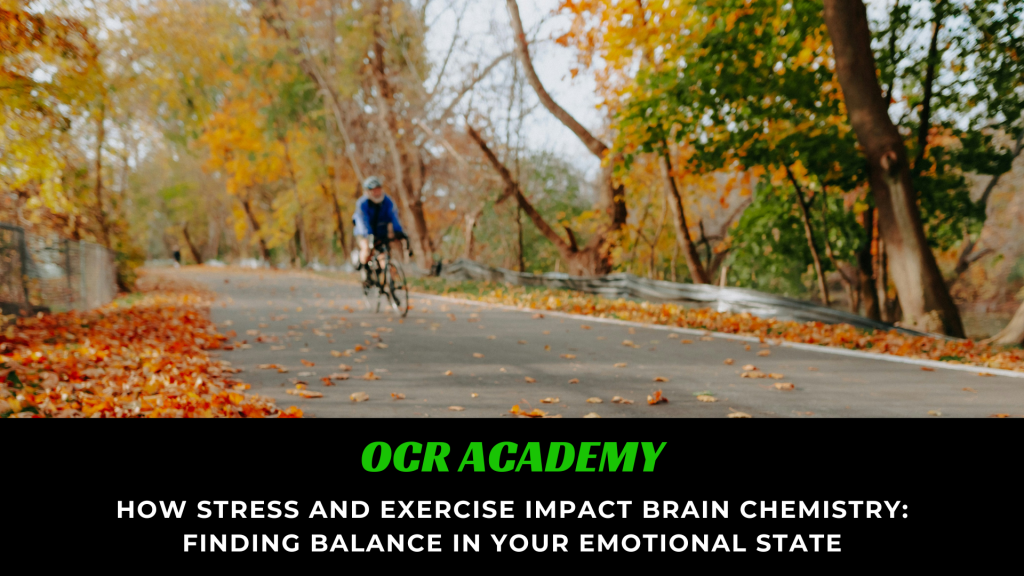Dr. Gabor Maté’s work highlights the deep connection between a parent’s emotional health and a child’s overall well-being. He argues that children are incredibly sensitive to their parents’ emotional states. When parents are stressed, unhappy, or unfulfilled, children often internalize these emotions, which can manifest as anxiety, behavioral issues, or even physical health problems.
Children, especially in their early years, learn about the world through their parents. They pick up on emotional cues, body language, and unspoken feelings. If a parent is consistently unhappy, a child may feel responsible for that unhappiness or grow up believing that life is inherently stressful and difficult.
On the other hand, when parents prioritize their own happiness, it creates a more positive and nurturing environment for children. A happy parent is more likely to be patient, present, and emotionally available—key factors that contribute to a child’s sense of security and self-worth.
Why Parental Happiness Matters
1. Emotional Regulation: Children learn how to regulate their emotions by observing their parents. If parents manage their stress and cultivate joy, children are more likely to develop healthy coping mechanisms. They learn that while challenges are a part of life, they don’t have to overshadow their happiness.
2. Modeling Self-Care: By prioritizing their own happiness, parents model the importance of self-care. This teaches children that it’s okay—and necessary—to take time for themselves, to pursue passions, and to seek out joy. This lesson is invaluable as children grow up and face their own challenges.
3. Creating a Positive Home Environment: A parent’s happiness directly influences the atmosphere of the home. A joyful, content parent creates a calm and positive environment where children feel safe and loved. This sense of security is crucial for healthy emotional and psychological development.
How to Cultivate Your Own Happiness as a Parent
1. Practice Mindfulness: Mindfulness can help you stay present and enjoy the little moments in life. It also allows you to manage stress more effectively, reducing the emotional burden you might unintentionally pass on to your children.
2. Pursue Personal Passions: Don’t lose sight of your own interests and hobbies. Pursuing what you love not only brings you happiness but also shows your children the importance of following their passions.
3. Seek Support When Needed: Parenting can be challenging, and it’s okay to ask for help. Whether it’s seeking therapy, joining a support group, or leaning on friends and family, having a support system is vital for maintaining your happiness.
The Ripple Effect of Parental Happiness
Gabor Maté’s work reminds us that children are deeply connected to their parents’ emotional lives. By creating your own happiness, you’re not only enhancing your well-being but also providing your children with a solid foundation for their own emotional health. When children grow up in an environment where happiness is valued and modeled, they’re more likely to develop into resilient, confident, and emotionally balanced adults.
So, as a parent, remember that one of the best gifts you can give your children is your own happiness. It’s a gift that will benefit them for a lifetime. Remember the number rule on an airplane, put your oxygen mask on first before you can help others.
What are your lists of priorities? It shouldn’t be your children, they should influence your first priority which is yourself. Be the best version of yourself so your children can be the best version of themselves.



